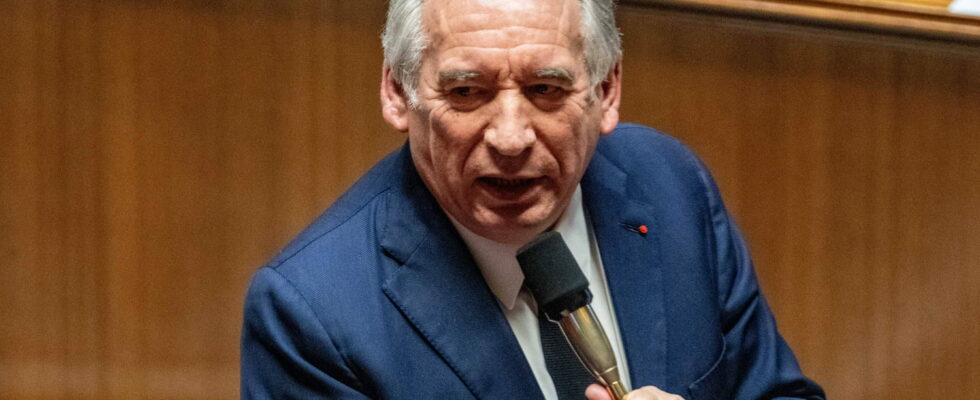The Bayrou government which returned to office on January 3 could be overthrown within a few days by a motion of censure. As after the appointment of Barnier, it is the votes of the RN which could decide the future of the executive.
The government of François Bayrou returned to the school year by participating in the Council of Ministers on January 3, 2024. This first meeting around the Prime Minister and the Head of State did not last forever: barely more than an hour of discussions to establish the broad outlines and priorities of the government. It must be said that several ministers did not wait for this meeting to get (and show up) to work with hasty trips which reflect the government’s need to act quickly, whether to respond to emergencies, such as the situation in Mayotte or the vote on a 2025 budget, or to win the support of a majority of the National Assembly.
François Bayrou knows that his time at Matignon and that of his ministers is numbered while the shadow of a motion of censure already hangs over him. The Prime Minister will deliver his general policy speech to Parliament on Tuesday January 14 and should see a motion of censure filed against him immediately and voted on around January 16. Elected officials from La France insoumise (LFI) have already announced that they want to “clear” the government, according to the expression used by MP Antoine Léaument.
The RN for or against censorship of Bayrou?
The Bayrou government could then experience the same fate as that of Michel Barnier, censored at the beginning of December only 91 days after the appointment of the former Prime Minister. While the head of MoDem wanted to succeed where his predecessor had failed by securing the support of part of the left, he did not manage to rally the Socialist Party (PS) to his cause. Consequence: “we left as with Barnier. Without the PS, it is Marine Le Pen who will still be the arbiter”, annoys a former minister to the Parisian. However, this is the scenario that François Bayrou absolutely wanted to avoid.
Unfortunately for the Bayrou government, the elected officials led by Marine Le Pen maintain the vagueness. If Jordan Bardella, the president of the National Rally (RN), assured that the far-right party would not “a priori” censor the new executive, the tone has since changed. The party is in favor of a new dissolution or the resignation of the head of state who would be destabilized by new censorship. On the other hand, Marine Le Pen supported the government measures taken for Mayotte, shares the opinion of François Bayrou concerning the establishment of proportional representation for the legislative elections and relatively spared the Prime Minister in these last speeches.
The fact remains that the position of the RN vis-à-vis the government may hold surprises, such as during the censorship of Michel Barnier despite the concessions made by the former Prime Minister to the far right. It can also evolve. In the event of non-support for the motion of censure announced for mid-January, nothing says that the RN will not vote for a motion of censure later. This is also the opinion of an advisor to the executive who considers with the Parisian that the question is not if the government will be censored, but when it will be.
A Prime Minister without a “common base”
If the future of the Bayrou government depends above all on the position of the RN, it could suffer from the lack of support within the “common base” that Michel Barnier found bringing together the right of the Republicans (LR) and the parties of the presidential coalition . Elected officials on the right, who include ministers but deplore the presence of the left in government, say they want to take a responsible position, but do not rule out opposing the executive according to the decisions taken at Matignon. François Bayrou is not very popular with all Macronists either, but they should not go so far as to censor the government. The maneuver would amount to weakening the head of state and therefore their own camp.
